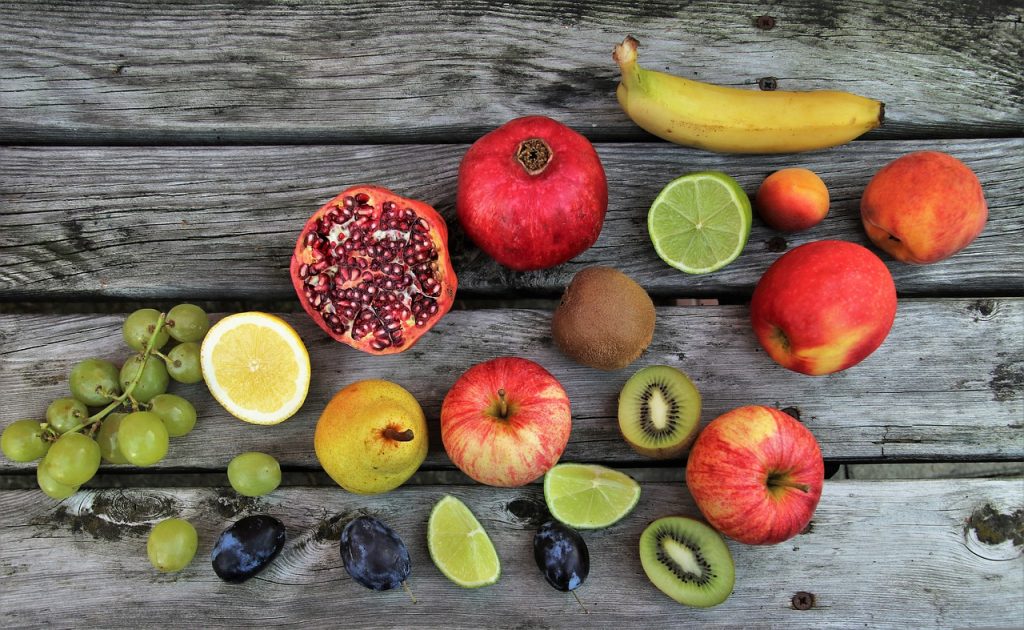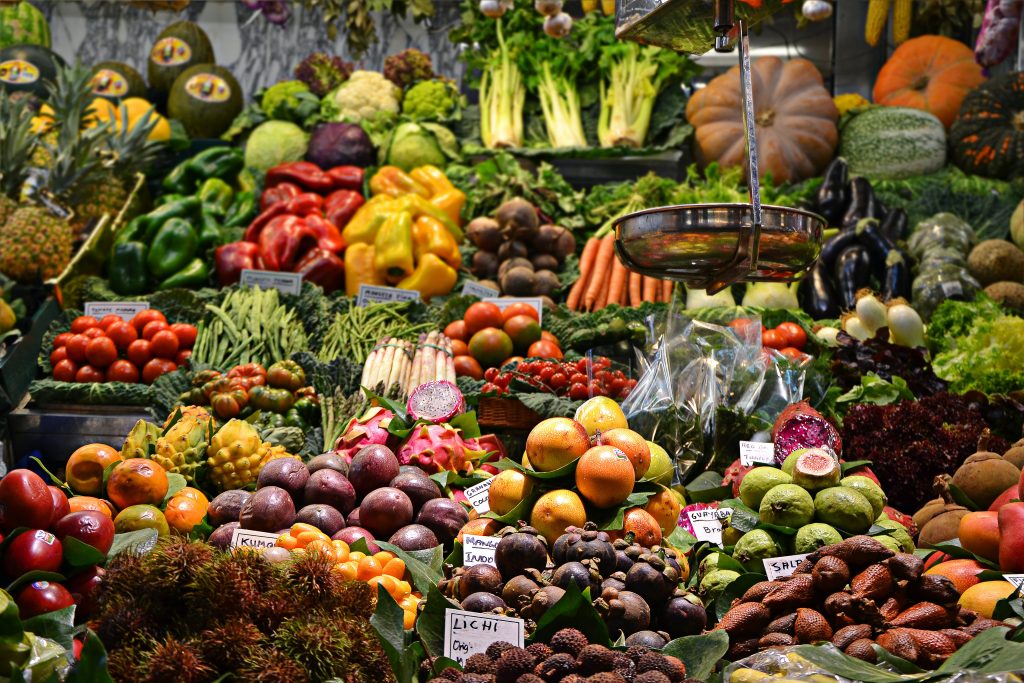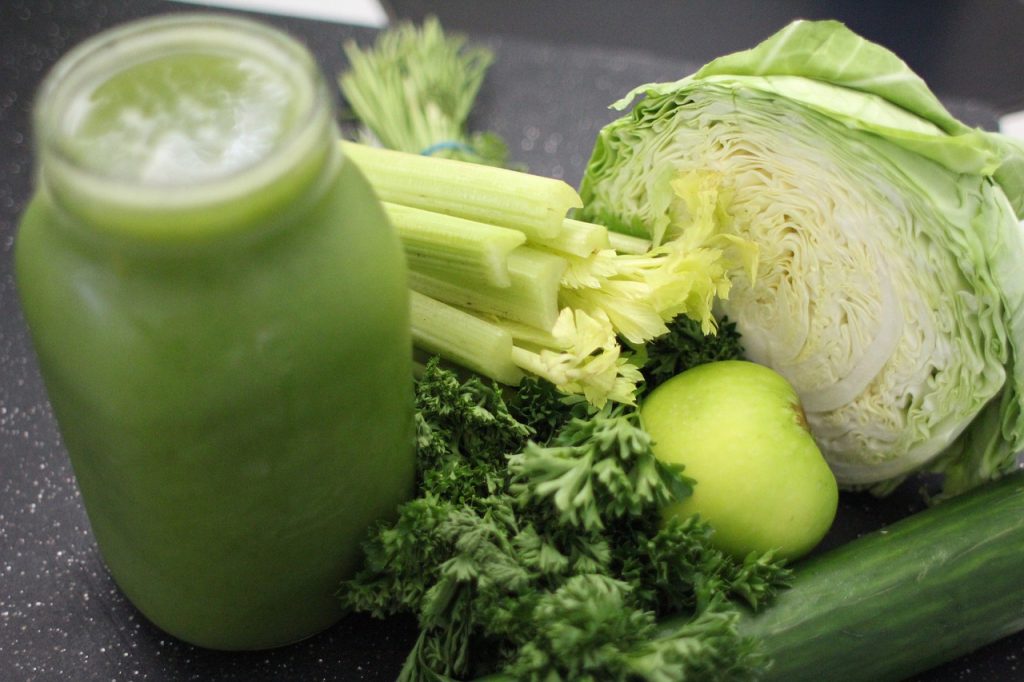When most people think about vegetables, they think about things like broccoli and carrots. However, there are many other types of vegetables that offer health benefits. In this blog post, we will explore six different vegetables and their health benefits. So, without further ado, let’s get started!
Among the many vegetables benefits, a few are particularly beneficial for the body. These include: Carotenoids, Dietary fiber, Vitamins, and Omega-3 fatty acids. Read on to learn about the other benefits of vegetables. If you have never tried eating more vegetables, here are some useful tips to add more to your diet:
Carotenoids
Carotenoids are a class of pigments found in plants that are primarily produced as a by-product of photosynthetic activity. In plants, carotenoids give vegetables and fruit their characteristic red or orange color. In fact, about 34% of the vitamin A in American women’s diets comes from these sources. Beta-carotene is the most abundant type of carotene, while other forms of the pigment are present in lesser amounts.

Research has also shown that consumption of foods high in carotenoids may improve cardiovascular health. In fact, carotenoids are known to decrease inflammation, which can protect against heart disease and artery blockages. Antioxidants protect cells against free radicals, which damage the membranes of cells. As a result, increasing the amount of these pigments in the diet is a beneficial strategy for fighting cancer. These benefits are significant for human health.
Dietary fiber
Increasing the intake of dietary fiber has many health benefits. Recent studies have shown that it can improve insulin sensitivity and overall metabolic status. Further research will focus on the underlying mechanisms. But there are already several benefits to eating more vegetables. Listed below are some of them. Let’s start with the first one – the increased fiber content of vegetables. Then we’ll move on to the second one – the increased fiber content of fruits.
Soluble fiber is water-soluble, which means it dissolves in water and forms a gel. It helps regulate cholesterol and blood sugar levels, while insoluble fiber increases stool bulk. Both types are present in most plant-based foods. A diet high in fiber is associated with health benefits, including improving cardiovascular health, lowering blood pressure, and reducing inflammation. In addition, many studies have also shown that it may lower the risk of colon cancer.
Dietary fat
While the public is aware of the total amount of fat in their diets, few are aware of the quality and sources of this fat. Among the top sources of dietary fat in the U.S. are pizza, grain-based desserts, nuts, and chicken. Several studies have shown that vegetable fats are essential for human health and may help reduce cardiovascular risk. But, do these benefits outweigh the risks?

Studies have shown that healthy fats found in vegetables reduce the risk of stroke, heart attack, and other serious health conditions. It’s important to remember that fats are a type of nutrient and are not necessarily bad for us, but we need them for energy and health. The body uses fat calories to store energy and provide energy. For example, you need about 20 calories of fat after a 20-minute walk or cycle.
Vitamins
Many people don’t get the recommended daily allowance of vitamins from vegetables. Consuming more of this food can help you stay healthy and reduce your risk of chronic diseases. Eating more fruits and vegetables will also help you lose weight and fight hunger. Green smoothies contain vitamins A and C. You can also try green smoothies if you are indigestion-prone. And because these foods contain water, they are great for your body. But what’s so great about them?

Carrots are one of the vegetables that have a surprising increase in vitamin A content. Carrots, for example, have a higher vitamin A content today than they did in 1963, although the cause of this rise is still under investigation. Nonetheless, carrots do have an exemption from the caveat. That’s because carrots are considered an excellent source of vitamin A. So, you should eat carrots in moderation and a small portion each day.
Antioxidants
Consuming high amounts of plant products such as vegetables has been associated with a reduced risk of chronic diseases like atherosclerosis and cancer. Vegetables contain important antioxidants, including vitamins C and E, phenolic compounds, and flavonoids. Antioxidants scavenge free radicals and inhibit chain formation. They also contribute to the first and second lines of defense. This article discusses some of the best sources of these phytochemicals.
One of the most popular sources of antioxidants is phytopigments. These include betacyanin, betaxanthin, chlorophyll, and carotenoids. Amaranths also contain flavonoids and vitamin C. These compounds protect against various diseases, including cancer, cardiovascular disease, arthritis, and neurodegenerative disorders. It is also adapted to abiotic stresses, making it an excellent source of antioxidants.
Weight control
One study investigated the weight control benefits of vegetables in Japanese factory workers. The results showed that eating vegetables decreased the risk of over 3 kg of weight gain in a year by 73%. However, there was no significant difference between those who consumed a higher or lower amount of vegetables compared with those who consumed a lower quantity of vegetables. This finding is contradictory to the premise that increasing vegetable intake will result in weight loss.
Vegetables are low glycemic (glycemic index) foods. This means that they contain less calories per serving than other foods. Moreover, their fiber content makes them feel fuller for longer. Vegetables are also among the most hydrating foods. By reducing the number of calories in our diet, we can avoid the risk of excess weight. But how can we increase our intake of vegetables?
Conclusion
You may be surprised by the benefits of some vegetables you didn’t know about. Hopefully, this article has given you a few ideas for ways to improve your nutrition and get more out of the food you eat. Let me know in the comments some of your favorite healthy vegetable dishes or ways that you like to incorporate vegetables into your diet. Thanks for reading!

